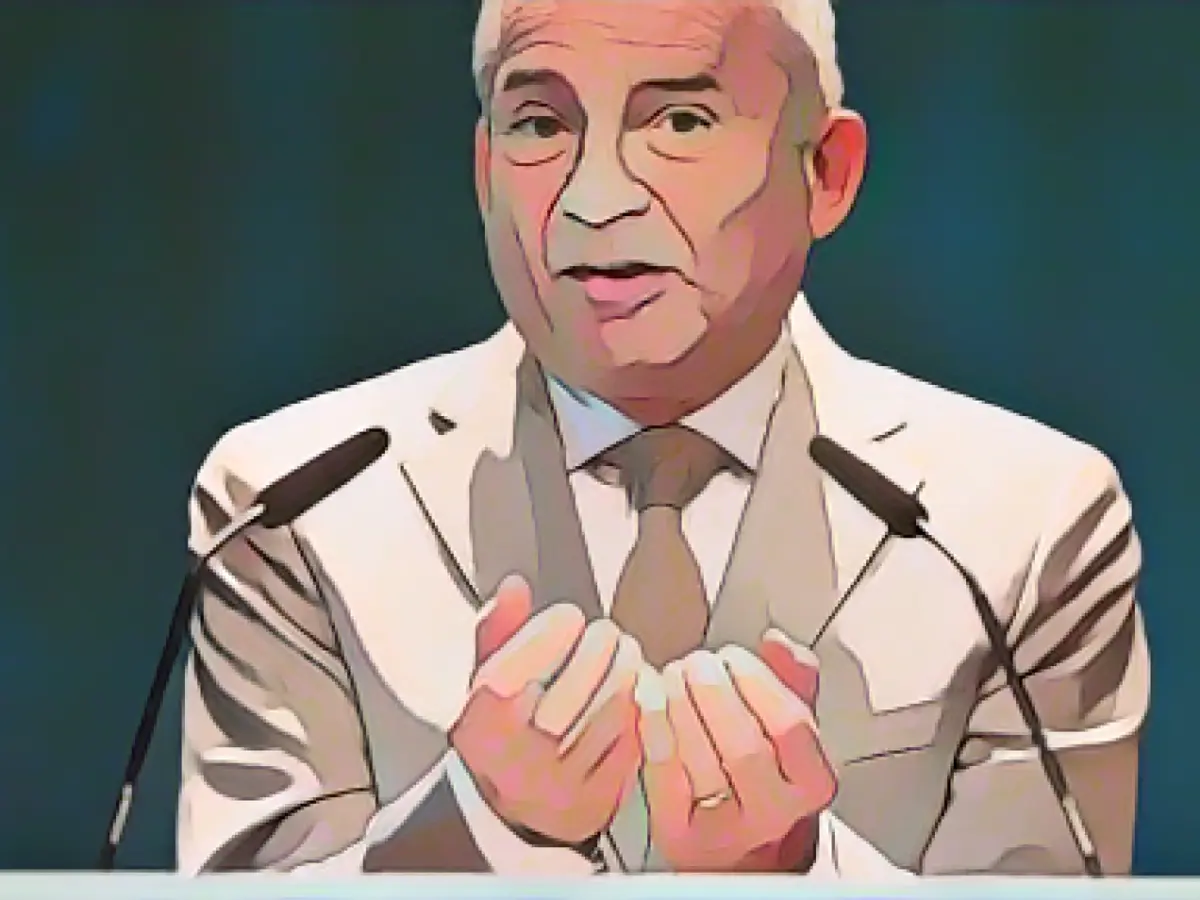Domestic Policy: Cracking Down on Child Pornography with Tougher Measures
Addressing the problem of child pornography online has become a focal point in domestic policy discussions. In a bold move, German Interior Minister Thomas Strobl is advocating for stricter enforcement against internet providers, particularly those prone to misuse. According to reports from the German Press Agency in Stuttgart, Strobl is pressing for mandatory reporting of child pornography cases at the European Union (EU) level for internet providers, with a focus on those vulnerable to abuse.
Current EU regulations allow providers to report abuse voluntarily. However, the EU Commission is currently revising these regulations, which will expire in August 2024. The proposed draft incorporates provisions to evaluate the risk of child pornography distribution on messenger and hosting services across the EU. Services deemed susceptible to abuse would then be obligated to disclose child abuse cases.
Strobl's support for this concept underscores his belief that the current voluntary approach is no longer adequate in combating child pornography. Protecting children, he emphasizes, remains our primary duty in domestic policy. Strobl's stance serves as a testament to the importance of taking decisive, coordinated action against child pornography, giving rise to hope that children and victims will be better protected.
EU and UK Regulations
Recent trends in EU and UK regulations show an increasing commitment to online safety and child protection. In the UK, the Online Safety Act (OSA) requires publishers of pornographic material to establish effective age checks for users, conduct risk assessments to prevent the dissemination of illegal content, and implement measures to prevent child sexual exploitation and abuse.
Similarly, Ireland's Online Safety Code mandates video-sharing platforms to prevent the uploading and sharing of harmful content, such as child sexual abuse material, and implement age-assurance measures to protect children from encountering illegal content. The EU Digital Services Act also aims to create a safer online environment by regulating digital services and incorporating provisions that protect children from online harm.
While Strobl's stance on these specific provisions is not explicitly mentioned in the provided sources, the growing commitment to online safety measures across Europe suggests that German authorities are likely to align with and support EU and UK regulations to combat child pornography and other online harms.
The Role of Thomas Strobl
Thomas Strobl, as the German Interior Minister, carries significant influence in shaping domestic policy. His stance on child pornography and several other policy areas, including immigration and security, has been instrumental in guiding Germany's approach to various issues.
In the battle against child pornography, Strobl's call for mandatory reporting requirements highlights his commitment to ensuring the protection of children and victims. His advocacy for stricter measures against internet providers indicates a proactive approach in combating this crime, which is both a challenge and a responsibility for many nations. Strobl's involvement in this issue underscores the importance of collective efforts in creating a safer online environment for all, particularly children.








